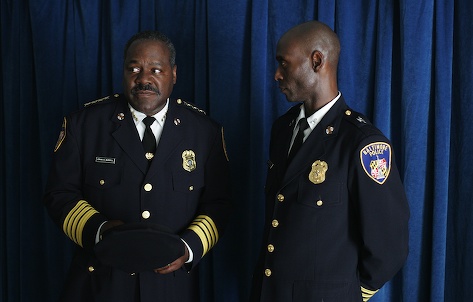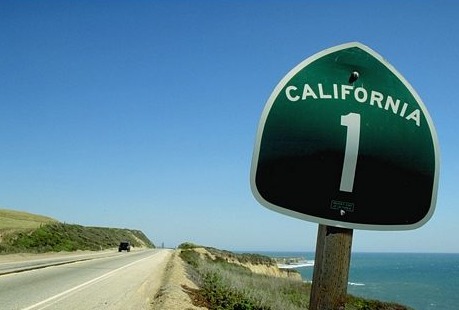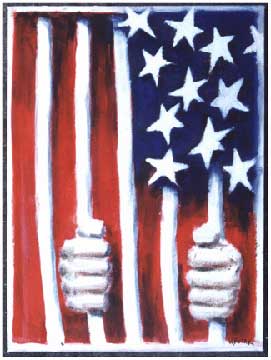
“But publicly, let me state that The Wire owes no apologies — at least not for its depiction of those portions of Baltimore where we set our story, for its address of economic and political priorities and urban poverty, for its discussion of the drug war and the damage done from that misguided prohibition, or for its attention to the cover-your-ass institutional dynamic that leads, say, big-city police commissioners to perceive a fictional narrative, rather than actual, complex urban problems as a cause for righteous concern.“
I’ve been meaning to blog this for a few days, via Genehack: After the show is harangued by Baltimore’s current police commissioner, the consistently take-no-guff David Simon sticks up for his creation, The Wire. “As citizens using a fictional narrative as a means of arguing different priorities or policies, those who created and worked on The Wire have dissented.“


